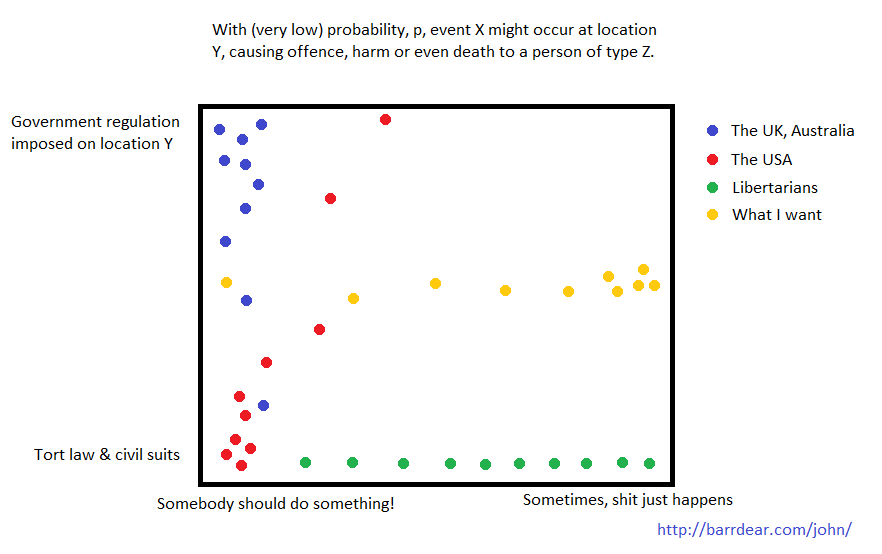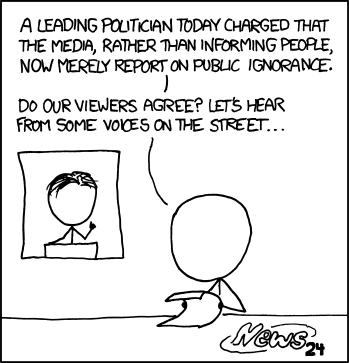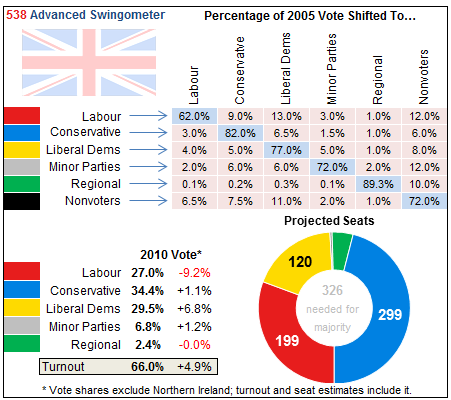Here is a quick, dirty and poorly-written explanation why I (probably) oppose the RMT’s strike action at London Underground:
The Tube, like most public services, is a monopoly. As such, Transport for London (TfL) has pricing power and the ability to extract economic rents from consumers. To whom would those rents flow? There are three possible groups: Capital owners (bonds), Capital owners (equity) and Labour (the suppliers of the stuff, not the political party).
The owners of capital in the form of bonds have no ability to insist on being paid economic rents because they cannot credibly threaten to walk away. There are plenty of other (institutional) investors that are perfectly happy to step in and receive the low interest rates paid by TfL because TfL has the backing (implicit or otherwise) of the UK government and investors value that security.
The sole owner of capital in the form of equity is the UK government. They have no desire to extract economic rents. Indeed, they have an incentive to keep economic rents to a minimum because their existence is, on net, welfare-destroying for Britain as a whole.
That leaves the suppliers of labour. If no TfL worker was unionised, then individual employees would be unlikely to be able to insist on receiving economic rent (i.e. a wage in excess of the value of their marginal product). By being unionised, however, the employees have collective bargaining power and are therefore able to insist on economic rents. They can do this because they can credibly threaten to stop the tube from working. The current strikes are a demonstration of the credibility of any future threat.
There are two further issues to consider, however. First: what if without the union, workers would be unfairly exploited — paid less than the value of their marginal product? If this were the case, the increased bargaining power of unionisation would be justified as it would offset the exploitation. This is not a problem, however, because the owner of the Tube — the UK government — is not a a profit maximiser. It is a (zero-profit seeking) service maximiser. They have literally no incentive to pay less than the employees are genuinely worth.
Second: what if, when paid the value of their marginal product, TfL employees end up with incomes that are less than the cost of living? Once again, this fails as an argument for unionisation of TfL workers. It is the job of the government to guarantee a living wage to all workers across the country, regardless of their job. If TfL employees are concerned about this, they should be canvassing for an increase in the national minimum wage, not insisting on a higher wage just for themselves.
Therefore, to a first approximation, there is no justification for the unionisation of (and hence, no justification for the strike action by) London Underground employees.




